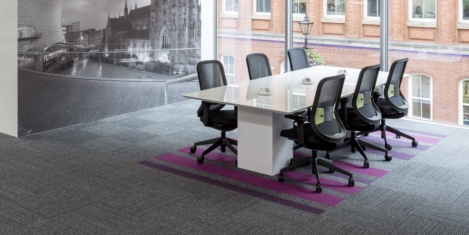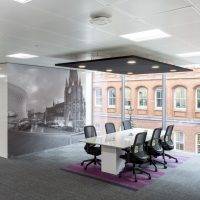October 19, 2016
Staff engagement boosted by learning opportunities over benefits 0
It is often assumed that salary, bonuses and office perks are essential to staff engagement as the most important criteria valued by employees, but a new survey suggests otherwise. Instead, the survey by totaljobs found that across all age groups and industries what people value far more than anything else is learning on the job, selected by almost all (97 percent) of 6,829 people questioned. Loyalty and variety in a role, valued by 93 percent of respondents, also came out strong, emphasising that for most people work is about a lot more than a pay check. The need to feel they are progressing, learning new things and the company appreciates their contribution were all important factors in how much people enjoy their jobs. The other things valued most by employees were variety in a role (93 percent); working autonomously (68 percent); perks and benefits (67 percent) and structured teams (64 percent).



































October 25, 2016
Millennials have just the same needs for peace and quiet as everybody else 0
by Steven Lambert • Comment, Wellbeing, Workplace design
(more…)